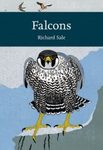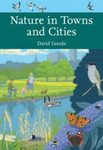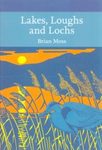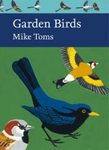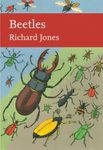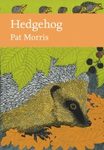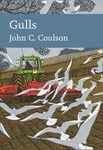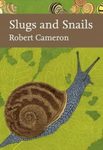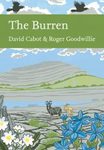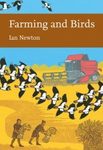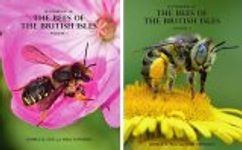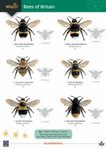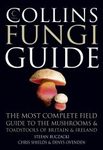Identification Key Monograph
By: MV Brian(Author), Gordon Riley(Illustrator)
224 pages, 2 plates with colour illustrations, 16 plates with b/w photos; b/w distribution maps
Ants should provide both the amateur naturalist and the professional zoologist with a valuable source of reference, and a fascinating account of the lives of an intriguing group of insects
![Ants Ants]()
Click to have a closer look
About this book
Related titles
About this book
Complete your New Naturalist collection with Harper Collins's facsimile versions, which are printed on demand. Ants was first published in 1977.
Ants have always exercised a fascination that extends beyond the world of biology. They have attracted the attention of poets and dramatists, and also of those philosophers and political theorists who have envied their apparent industry and rigid and complex communal organisation. The social life of ants is indeed extraordinary. It forms the basis of their entire lives; an ant on its own has no chance of survival. Ants are the only group of insects in which there are no solitary species at all.
In Ants Dr. Brian, the country's leading authority on ants, brings together the results of recent research (much of it his own) into the zoology, ecology and social life of the group. Dr. Brian begins by discussing the relationship of ants to other insects, their anatomy and physiology, and then turns to the different species of British ant (with an identification key), feeding, including aphid 'farming' and the specialised role of the workers in acting as travelling food containers for the nest itself, the rearing of the young and the different caste systems (including the life history of the queen), the ecological significance of ants, and the role they play in the lives of other animals. Particular attention is paid to the importance of communication in the ant society, and there is a complete section of distribution maps – one for each of the 47 British Species – compiled according to the latest available data. There are 16 plates of black and white photographs and two colour plates of ant species specially painted for this volume by Gordon Riley.
Ants should provide both the amateur naturalist and the professional zoologist with a valuable source of reference, and a fascinating account of the lives of an intriguing group of insects.
Customer Reviews
Identification Key Monograph
By: MV Brian(Author), Gordon Riley(Illustrator)
224 pages, 2 plates with colour illustrations, 16 plates with b/w photos; b/w distribution maps
Ants should provide both the amateur naturalist and the professional zoologist with a valuable source of reference, and a fascinating account of the lives of an intriguing group of insects











